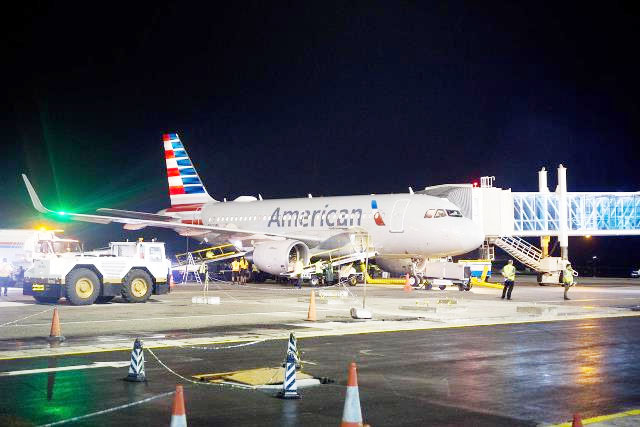One of the historic failures of Guyana’s development strategy, over the years reposes in its failure of government to fashion a well-structured and efficiently executed ‘campaign’ to strengthen ties between Guyanese residing in the diaspora and their home country. Such ‘ties’ as exist are driven largely first, by family bonds and afterwards by a sense of nostalgia, which are largely the reasons for sustained communication by Guyanese at home and abroad, including communication by travel.
The Guyana circumstance stands in stark contrast to that which obtains in the instances of other Caribbean countries, notably Jamaica and Barbados, which countries have employed various mechanisms including the penetration of diaspora communities in both North America and Europe with aspects of both cultures (drink and food are the most popular of these).
Diaspora response, up until now, has been less than sustained, the preoccupation of Guyanese who live abroad with simply getting on with their lives serving as a compelling distraction from whatever yearning they might have for ‘home.’ There is, as well, the constraint of travel. While it is relatively easy for diaspora nationals from elsewhere in the region to ‘fly home’ without a great deal of trouble, Guyana is widely considered not only to be situated ‘off the beaten track,’ so to speak, but is also serviced by what, frequently, is a less than reliable air transport service.
Government, over many years, continues to make promises to invest meaningfully in the country’s tourism product and by extension to create a greater ‘demand’ for inward travel, not only by substantive tourists but also by Guyanese wishing to return home more frequently at a lesser cost than presently applies. Apart from the fact that government has consistently not made any meaningful investment in tourism over the years, relations between the Government of Guyana and Guyanese in the diaspora have, traditionally, been relatively weak, the efforts of some of our diplomatic missions abroad to sustain lines of communication with Guyanese in their jurisdictions notwithstanding.
The completion of last week’s Memorandum of Understanding between the Guyana Tourism Authority (GTA) and the United Guyanese Diaspora Global Network Corp (UGDGN) under which the GTA says it will “engager the Guyanese diaspora in various forms of tourism” is, in effect, another official undertaking from government to make a decisive move in the direction of creating a viable tourism product.
Precedent dictates that the proof of the ‘pudding’ be in the ‘eating’ though it is entirely fair to say that the ‘vibe’ emanating from the GTA since the advent of Brian Mullis as its Director has been encouraging.
The promise of “attractive travel packages for the diaspora community and information regarding travel opportunities” will doubtless encourage many Guyanese in the diaspora to ‘tek a walk’ though Mullis will surely be aware that the quality of the wider tourist packages including just what will be placed on offer in terms of ‘places to see’ will almost certainly, in the final analysis, determine the success or otherwise of the initiative.
This newspaper knows no more about UGDGN than that which is mentioned in the media release issued regarding the recently signed MOU, though if, in fact, it comprises diaspora Guyanese residing both in the United States and Britain/Europe, that could, indeed, be a powerful constituency in terms of Guyana’s broader developmental aspirations not least in areas like skills recruitment, marketing local products in overseas diaspora communities abroad and creating linkages that might encourage investments ‘back home’ by Guyanese residing abroad in the light of the opportunities that beckon associated with the advent of a petroleum sector.
If the UGDGN can play a meaningful role in directing the attention of Guyanese across the diaspora to the offerings that repose in the MOU, not least the opportunity to benefit from attractive tourist packages here, that in itself would be a significant accomplishment. As has already been said, the spinoffs in terms of the development of a broader, stronger interest in Guyana, among Guyanese in the diaspora, can be considerable.
Mullis has, himself pointed to the role which the GTA’s “alliance” with the UGDGN can play in “Guyana’s tourism strategy.” His point about the role of the new agreement in possibly raising broader awareness “of the growing variety of tourism attractions and experiences” is sound when one considers the potentially broader implications of such a relationship. After many years of false starts and false promises the GTA/UGDGN may well be a catalyst for a meaningful tourism breakthrough.





